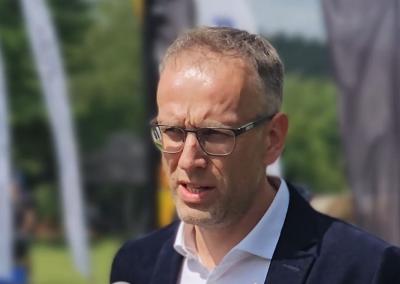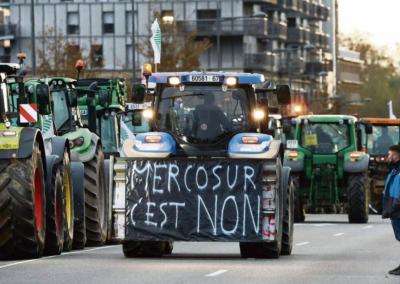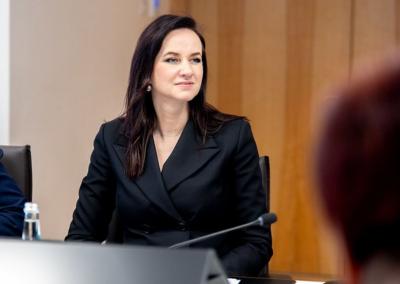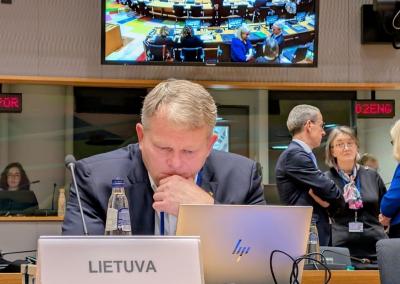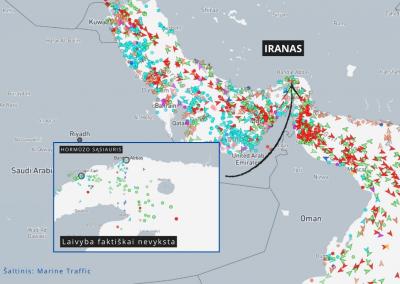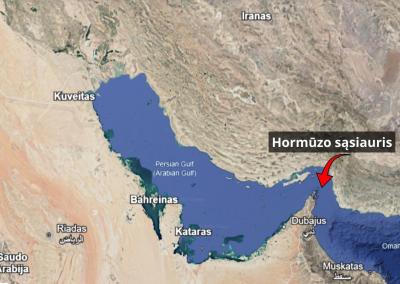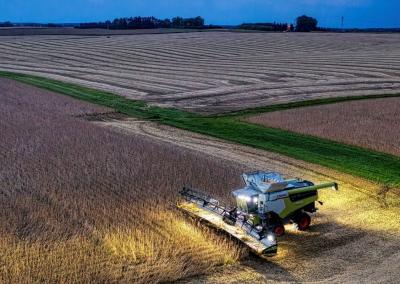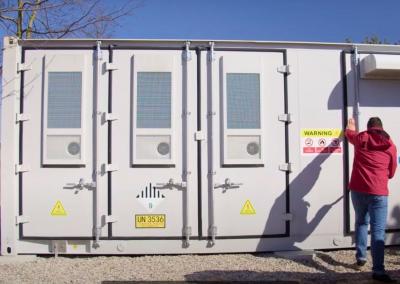Electricity prices are minus one in the day and triple in the evening: how aggregators help farms save, earn and feel safe
„Our message is simple,“ says Rimvydas Karoblis, CEO of „Via Solis Energia“ „With the trend of electricity prices falling to negative values during the day and staying high in the morning and in the evening, storing energy is becoming a necessity rather than a choice. With real experience and proven results, we help farms turn batteries into a source of profit.
In recent years, the electricity market has become extremely unpredictable: during the day, electricity can sometimes cost pennies or even minuscule prices, while in the evening it jumps to triple-digit prices. This kind of "price scissors" is a real headache for farms with high electricity consumption and especially for those who already have solar power plants or are considering installing them.
Saver solves the damage of electricity price fluctuations
Experts say that such volatility can become an opportunity rather than a problem if an energy storage system is installed next to the power plant. “An energy storage system not only allows to stabilise prices for the farm, saving money, but also making money. Storage units of 1 MWh and above can participate in the balancing market, where the estimated annual earnings can be as high as several hundred thousand euros per year," says Mantas Zelba, “Engineer at Via Solis Energia.
NordPool's analytics show that the daily fluctuations in the electricity price are so radical that they allow storage owners to make both tangible savings by participating in price arbitrage and tangible profits by participating in the balancing market. Via Solis Energia estimates that a properly integrated smart storage device with a controller can save a household around €11,000 per year by amortising electricity price fluctuations. Learn more about how you can earn — in this video. “These are not optimistic predictions, but simple calculations based on today's realities”, comments Mr Zelba, whose continuously improving Via Solis” smart controller - the main tool to monetize the storage system - is being tested together with Kaunas University of Technology scientists. How does the logger work? The working principle of the storage device is simple – it stores electricity when its price is low and gives it away – when the price goes up. “A simple example best illustrates the working principle of a storage device. We assume that a farm has a solar power plant whose electricity generation is higher than its consumption at the time. The surplus electricity generated is stored in the storage unit and used when the power plant is not generating solar energy due to bad weather conditions or darkness," says Mr Zelba, "It is also possible that the farm does not yet have a solar power plant, but is interested in an uninterrupted supply of energy due to the particularities of production. It is then possible to buy energy from the grid when the price is lowest, usually during the day, and use it when the grid supply is interrupted or when the price is highest during the day”. In other words, storage allows energy to be shifted over time from surplus to deficit. Security of supply is also of paramount importance to farmers. Power outages disrupt ventilation, refrigerators, milking systems, grain processing and maintenance infrastructure, household appliances, etc. A storage tank can act as a back-up energy store, avoiding such outages without the need for expensive generators. Investment that pays In addition to savings and security, storage also offers the opportunity to earn money. Firstly, through arbitrage, whereby the aggregator is charged when electricity is cheap and discharged when it is expensive. This directly saves money or generates additional returns. Via Solis Energia estimates that a smartly configured storage unit with a controller can save a farm around €11,000 a year. Another way – balancing market services. When there is a shortage or surplus of energy in the electricity system, „Litgrid“ buys balancing services from market participants – including companies that manage batteries. These services are paid for at the market price. „These balancing services are not only indispensable for the grid – they have also become one of the most profitable and fastest growing energy areas in the region“, – says Mantas Zelba. „And today, batteries – are the only technology that can react fast enough – within milliseconds.“ Power is good, but “costs” without it This year, in March, the budget of €18 million for the support of energy storage was distributed in a few days. Among the beneficiaries – 49 farmers. This shows that the sector has reacted quickly to this opportunity. Another call is planned for the near future, so preparations need to be made well in advance: an energy audit, finding a contractor, preparing the documentation. Via Solis Energia takes care of everything from analysis and investment calculations to design, documentation and technical installation. We put our solutions into practice „This year our company celebrates its 15th birthday. That's neither much nor little for us as a legal entity, but as an expert – it's a very solid experience,“ – says R. Karoblis. „We were one of the first to bring solar energy to Lithuania and to start producing glass–glass solar modules. So today, when the market is just starting to talk about storage, we already have solutions up and running.“ In 2024, the company developed its industrial-scale 1 MWh storage system. It's not a theory, but a working laboratory: the software models market situations, prices, loads and automatically decides when to charge or discharge the battery to achieve maximum economic benefit. All this data and expertise is also incorporated into the management system offered to commercial and agricultural users. „Via Solis Energia“ offers a complete package of services: energy audits, investment calculations, design, installation, participation in balancing markets and technical support. In other words, everything from A to Z is taken care of. „There is no need to reinvent the wheel,“ summarises R. Karoblis. „It is enough to work with those who really know how to assemble it, operate it, and adapt it to the needs of a particular farm.“
![]()


